The impact of microfinance on energy access: A case study from peripheral districts of Lomé, Togo
Abstract
This study seeks to understand the impact of microfinance on energy access in the peripheral districts of Lomé in Togo. We use descriptive statistics, multiple regression, propensity score matching and treatment effect models, involving 639 microfinance client and non-client households for the analysis. Our results show that microfinance reduces energy vulnerability, with microfinance clients having higher energy poverty indices and energy expenditures than non-client households. Based on the impact of microfinance on energy poverty reduction, we argue that it is important for policymakers to implement strategies that promote and create greater access to microfinance, as this has the potential to alleviate energy poverty and improve access to good quality, modern energy services in Togo.
Co-authored with: D. Diaw, A. Laré and A. Lessoua.






